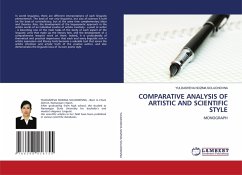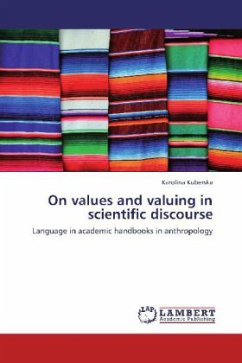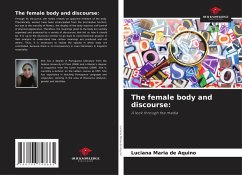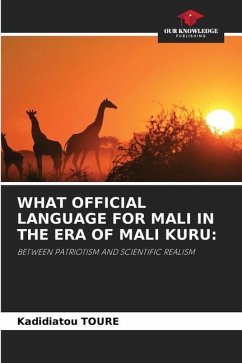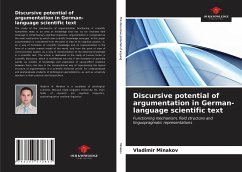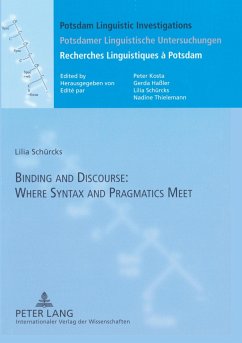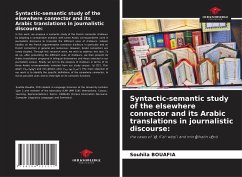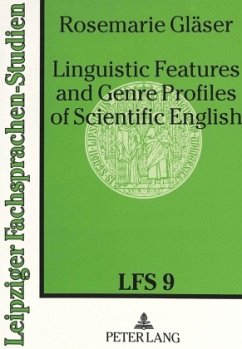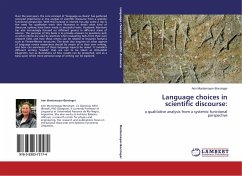
Language choices in scientific discourse:
a qualitative analysis from a systemic functional perspective
Versandkostenfrei!
Versandfertig in 6-10 Tagen
32,99 €
inkl. MwSt.

PAYBACK Punkte
16 °P sammeln!
Over the past years, the core concept of "language as choice" has gathered renewed importance in the analysis of scientific discourse from a systemic functional perspective. With this increase in interest has also come a rise in the need for qualitative work that illustrates in detail what kind of discourse options have been made in successful texts. Academic literature has also increasingly focused on different genres in different areas of science. The purpose of this book is to provide answers to questions such as what criteria are used by scientists when evaluating texts form their own rese...
Over the past years, the core concept of "language as choice" has gathered renewed importance in the analysis of scientific discourse from a systemic functional perspective. With this increase in interest has also come a rise in the need for qualitative work that illustrates in detail what kind of discourse options have been made in successful texts. Academic literature has also increasingly focused on different genres in different areas of science. The purpose of this book is to provide answers to questions such as what criteria are used by scientists when evaluating texts form their own research field, and how these criteria can be related to linguistic features such as Theme-Rheme structures. The book also inquires on what aspects of language novice researchers should be aware of in their own writing, and how can awareness of these language aspects be raised. It considers different writing "models" that are not to be taken as immutable blueprints, but as illustrations of how results can be presented, and as a basis upon which more personal ways of writing can be explored.




